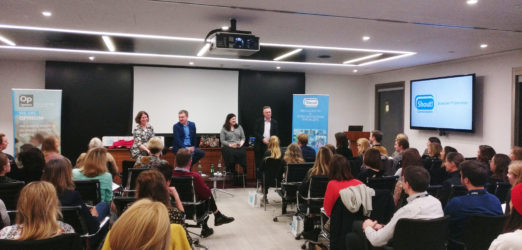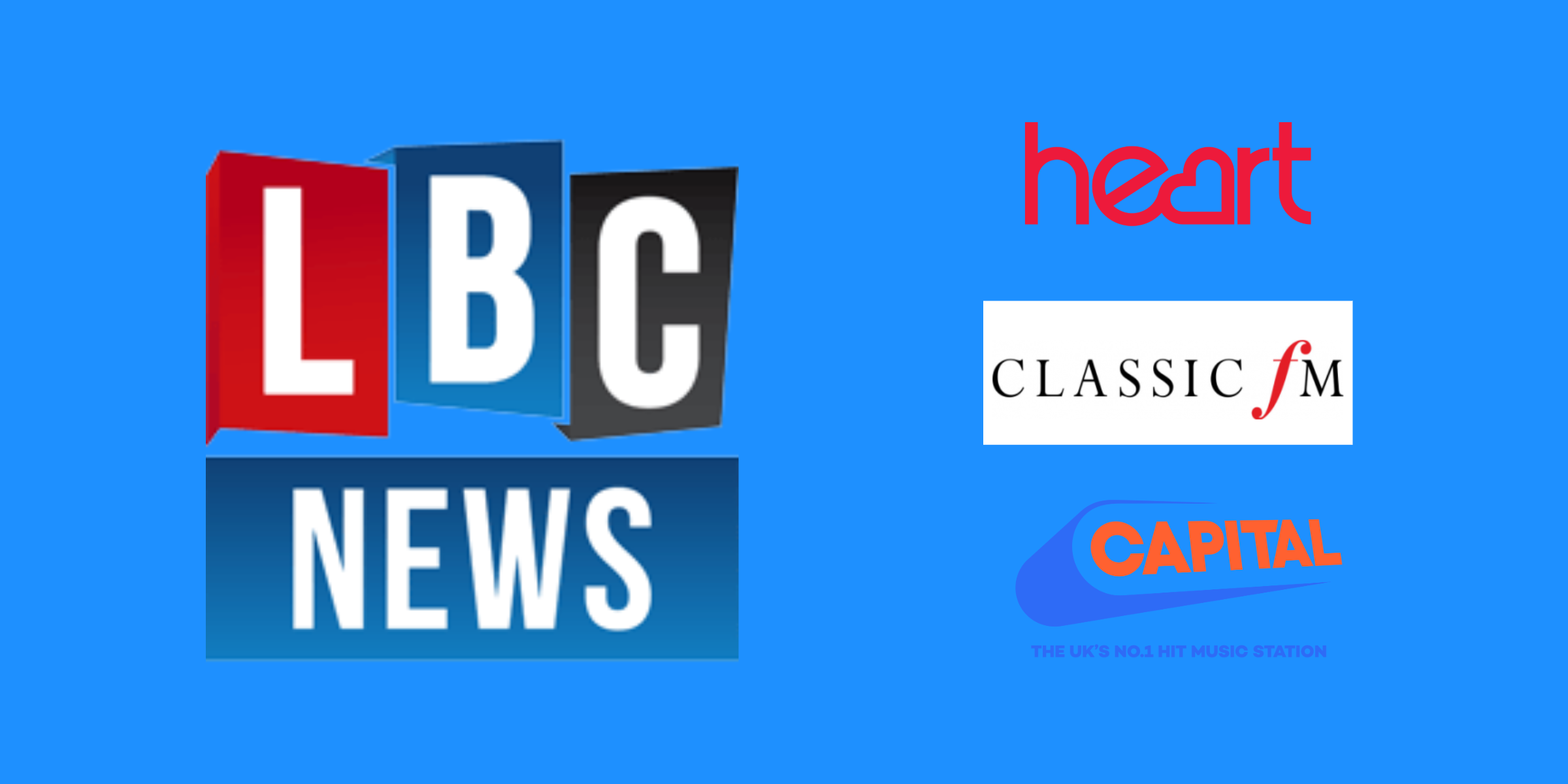The “B” word. It’s topical, it’s divisive and you’ve probably not gone a day without mentioning it since at least June 2016. We’re talking about Brexit. That was the topic of our latest Shout! Communications’ Big Talk event, where we asked a stellar line-up of senior broadcast editors to share their thoughts on the current political landscape.
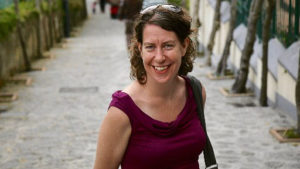
Liz Gibbons – Editor, Victoria Derbyshire
Liz Gibbons is Editor of the Victoria Derbyshire programme, and our first speaker at the Shout! Big Talk event. Firstly, Liz admitted there is such a lack of understanding about what’s happening regarding Brexit, that even the most experienced political editors admit to being confused. In these unprecedented times, what the Victoria Derbyshire programme tries to do is pair it back as much as possible, using simple terms to help the viewer understand. For example, Liz says they will never use an acronym without first explaining what it means! But, it’s a fine balance between dumbing it down and making the viewer feel like they are being talked down to…
“Party lines no longer mean anything…”
Liz touched on the importance of explaining where each political guest is positioned when introducing them on-air. The lines are completely blurred, with members of the Conservative or Labour party’s preference on Brexit no longer immediately clear. Perhaps most surprisingly, Liz says, is the difficulty in getting politicians to engage on the subject in the first place. It’s such a fast-moving story that government spokespeople are almost afraid to come on-air to speak about it. Essentially, they are afraid of saying the wrong thing and then being attacked online or social media afterwards.
Liz also explained the need to differentiate their coverage from their competitors. For their show, it’s all about real people’s experiences and how Brexit will affect their lives moving forward. What’s tricky about this is that nothing has really changed yet because it’s such a long process. The real change, if any, could take years to come out.

Jonathan Wall – Controller, BBC Radio 5 Live
Jonathan Wall spoke honestly and confidently about the challenges for radio in this day and age, and the extreme demand for more content than ever. He explained it’s an interesting time in terms of how listeners consume audio and the changes have been much faster than expected. A good example is Netflix – a platform that seemed to come out of nowhere but which is now a part of our everyday lives.
“The BBC cannot allow Netflix to power ahead and be the only option in that space.”
Jonathan said there’s so much choice now that it’s all about how to make your content the most obvious choice for the listener He said a big question for UK radio is how to tear listeners away from their phones and streaming services. How does radio remain King? Podcasts seem to be the answer to this and a fairly easy and cost-effective way to add content and value where listeners need it.
“Catch up isn’t enough…”
The demand for audio content is so great that people want more than just a typical catch up service – they want completely new content that’s readily available 24 hours a day. The competition for audiences is fierce, so BBC Radio 5 Live needs to be at the top of its game. A good example Jonathan drew on was the channel’s podcast Brexitcast. This had just a few hundred downloads per episode when it began but now has more than 100,000 per episode. As well as content, the personalities the BBC employs is more important than ever, as these are essentially what “sells” the content to the listener.
All of this doesn’t mean traditional live radio channels are being left behind and forgotten by any means, but it emphasises just how important it is to move quickly with the times when you see an area (such as podcasts) growing rapidly.
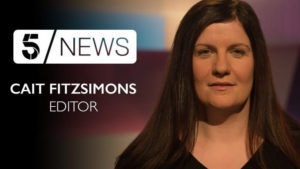
Cait Fitzsimons – Editor, Channel 5 News
Cait Fitzsimons has been Editor of Channel 5 News for a year now and was well and truly thrown in at the deep end, in the midst of Brexit coverage. Channel 5 News’ programmes are broadcast twice a day at 5pm and 6:30pm. For this reason they’re not competing with other news programmes as much as people’s lives. Cait says it’s important for them to get away from the Westminster bubble and focus on the policy rather than the politics; even better than that, focus on the people who will be affected by it!
“Sometimes you hear better analysis from an ordinary person, such as a business owner, than from a paid analyst…”
When it comes to Channel 5 News’ Brexit coverage, it’s all about how to make it relevant to the people who are watching at home. Cait explained the best way to make someone watch and listen is to hit close to home – if they feel like something is happening right on their doorstep, they’re more likely to engage.
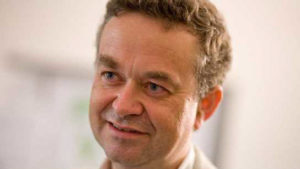
Peter Knowles – Controller, BBC Parliament
Peter firstly admitted BBC Parliament knew very little about how the EU and EU Parliament worked when Brexit was first announced, so they had to get up to speed quickly. It’s very unlike the way we do politics in the UK and almost opposite to Westminster, which can be a real problem! However, as the Brexit process has continued, it’s also been revealed they weren’t quite up to scratch on the UK Constitution too. Many of the twists and turns have come as such a surprise to not only BBC reporters, but the politicians themselves.
“These things have not happened before.”
Furthermore, as also touched on by Liz, the political parties don’t work in the ways we necessarily recognise anymore. Parties are more aggressive towards their own leadership now than ever before, which is something they can’t hide from the media. But in a way, this has all helped Peter’s cause – he says it’s gone from a typical BBC Parliament viewer being someone who would describe themselves as “sad” for watching it and view the programme in secret, to a station that reaches 3 and a half million viewers. BBC Parliament is reaching more people than ever, predominantly because of Brexit.
To hear about future events like this one sign up to our data base by emailing hello@shoutcommunications.co.uk.
